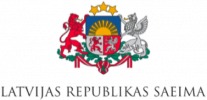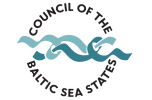On 18-20 May 2025, the parliamentarians of the Baltic Sea states met in the sixth and final meeting of the Baltic Sea Parliamentary Conference (BSPC) Working Group on Energy Security, Self-sustainability, Resilience and Connectivity (WG ESSRC) in Tallinn, Estonia.
Chair of the WG ESSRC and Chair of the Economics, Energy and Innovations Committee of the Baltic Assembly Andris Kulbergs expressed his sincere gratitude to all delegations, experts and the secretariat for their active contributions and continued commitment throughout the work of the WG ESSRC. Reflecting on the progress achieved since the previous meeting in Bergen, he emphasised the risks posed by cyber threats and underlined the need for prompt and coordinated government action, while highlighting the unity of the WG ESSRC and its effectiveness in bringing Baltic Sea region countries together to align on shared objectives and to exchange expertise.
Expert presentations
Expert in international relations and security Raivo Vare outlined the structural vulnerabilities of Russia, including reliance on raw material exports, demographic decline and economic manipulation. He warned that, despite sanctions, Russia continues to finance its war effort through commodity exports, using shadow fleets to bypass restrictions, posing both geopolitical and environmental risks.
Permanent Secretary of the Estonian Ministry of Defence Kaimo Kuusk shared insights from his time in Ukraine, highlighting the importance of energy system resilience during wartime. He stressed the need for redundancy, rapid repair capabilities and the ability to adapt under pressure to ensure continuity of essential services.
Director General at the Estonian Ministry of Foreign Affairs Kristi Land emphasised the role of UNCLOS in protecting underwater infrastructure. She recommended focusing on better interpretation and national implementation of existing laws rather than amending the treaty, and proposed the development of regional non-binding codes of practice.
Chairman of Eesti Energia Andrus Durejko reflected on the desynchronisation from the BRELL system, underscoring the importance of regional cooperation, joint planning and cost-sharing to ensure secure and sustainable energy systems for small nations. He stressed that small nations cannot afford to act in isolation - coordinated planning, unified decision-making and fair cost-sharing principles are essential.
Lastly, Senior Researcher at Tallinn University of Technology Dr Tarmo Korõtko presented AI as a key tool for managing complex energy systems, and noted its potential to improve efficiency and resilience, but cautioned that integration, transparency and scalability remain critical challenges. Thus, AI should not be seen as a solution in itself, but as a vital enabler for achieving energy resilience, self-sustainability and improved system performance.
During the meeting, the members of the WG ESSRC also assessed the draft Interim Report of the WG and proposals for recommendations. Chair Andris Kulbergs closed the meeting by emphasising the need for a detailed, regional strategy that strengthens the resilience of energy supply, communications and transport networks, including a specific action plan to prevent threats, and it should be coordinated with national initiatives and all EU institutions, NATO legal acts related to the protection of critical infrastructure. It was agreed that the WG will conclude its work during the summer and present the final results at the 34th BSPC in Mariehamn in August.
Visits
As the meeting focused on strengthening cybersecurity and maritime resilience in the Baltic Sea region, the members of the WG ESSRC visited several key institutions in Tallinn, showcasing the leadership of Estonia in digital innovation, cyber defence and naval operations. At the e-Estonia Briefing Centre, participants explored the transformation of Estonia into a world-leading digital society. The visit underscored the importance of citizen-centric digital strategies and strong public-private collaboration in building resilient societies. The group also visited the Miinisadam naval base, where the Estonian Navy presented its role in maritime defence and regional cooperation. Deputy Commander Johan-Elias Seljamaa emphasised the complexity of modern maritime threats, including hybrid challenges and legal limitations on cross-border data exchange. The visit highlighted the urgent need for improved coordination and information sharing.
At CR14, participants learned about the expertise of Estonia in cyber defence training and simulation. They were introduced to NATO’s cyber range, used for major exercises such as Locked Shields, as well as to the work of the NATO Cooperative Cyber Defence Centre of Excellence (CCDCOE) in supporting NATO cyber defence capabilities. Finally, at the International Centre for Defence and Security (ICDS), researchers shared insights on protecting critical maritime infrastructure and addressing hybrid threats in the Baltic Sea region. Presentations by Tomas Jermalavičius, Tony Lawrence and Henrik Praks highlighted the importance of regional cooperation and forward-looking policy responses to a rapidly evolving security environment.
Photos
© Secretariat of the Baltic Assembly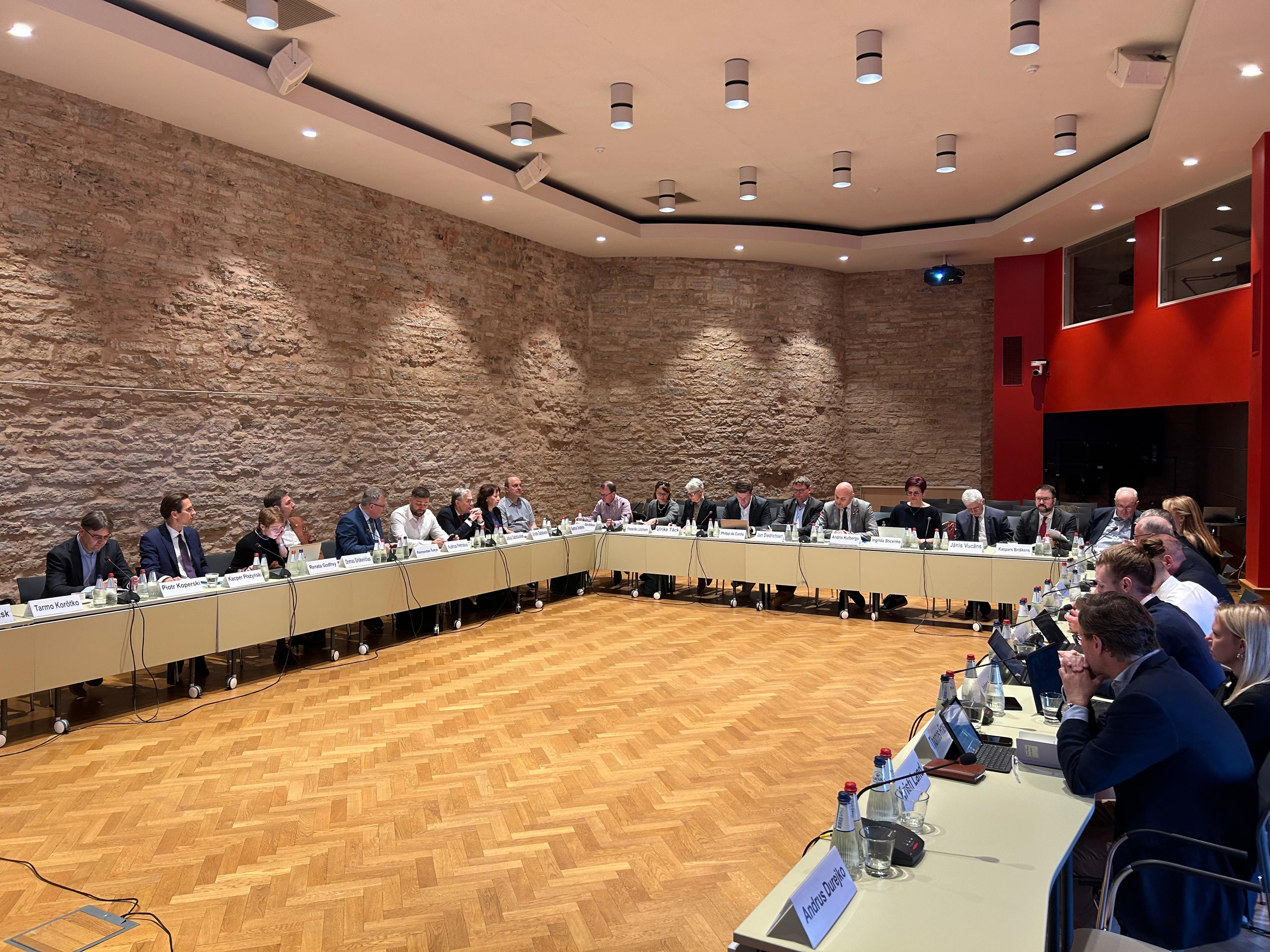
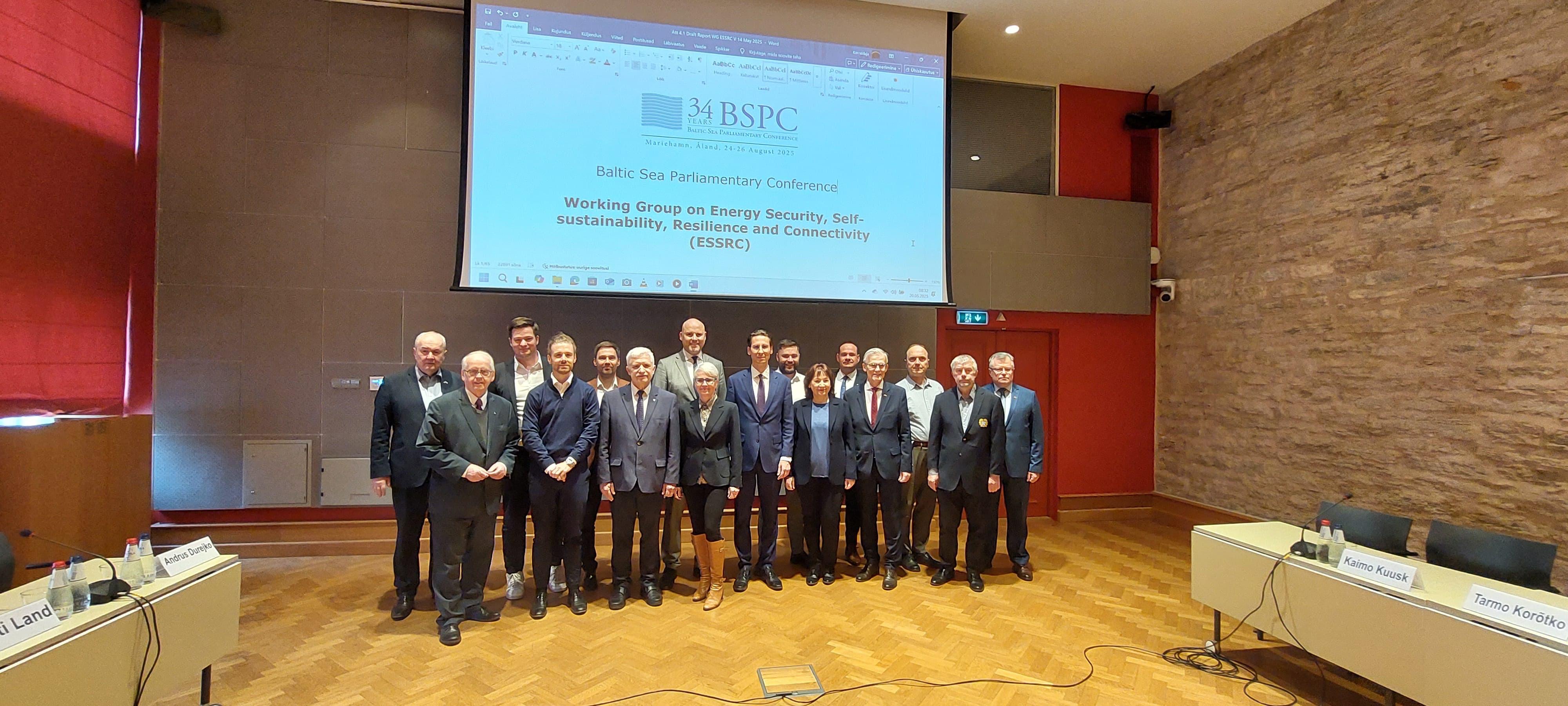
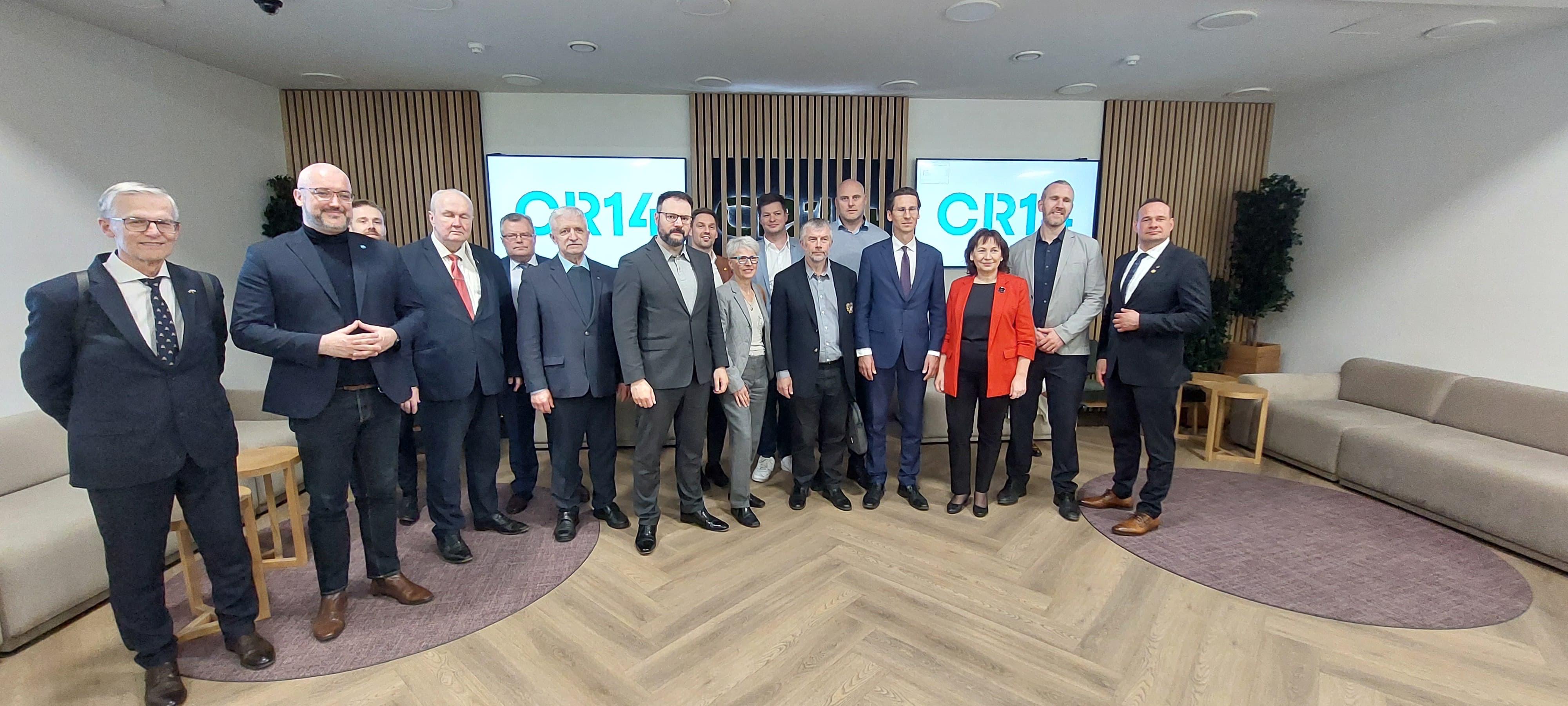
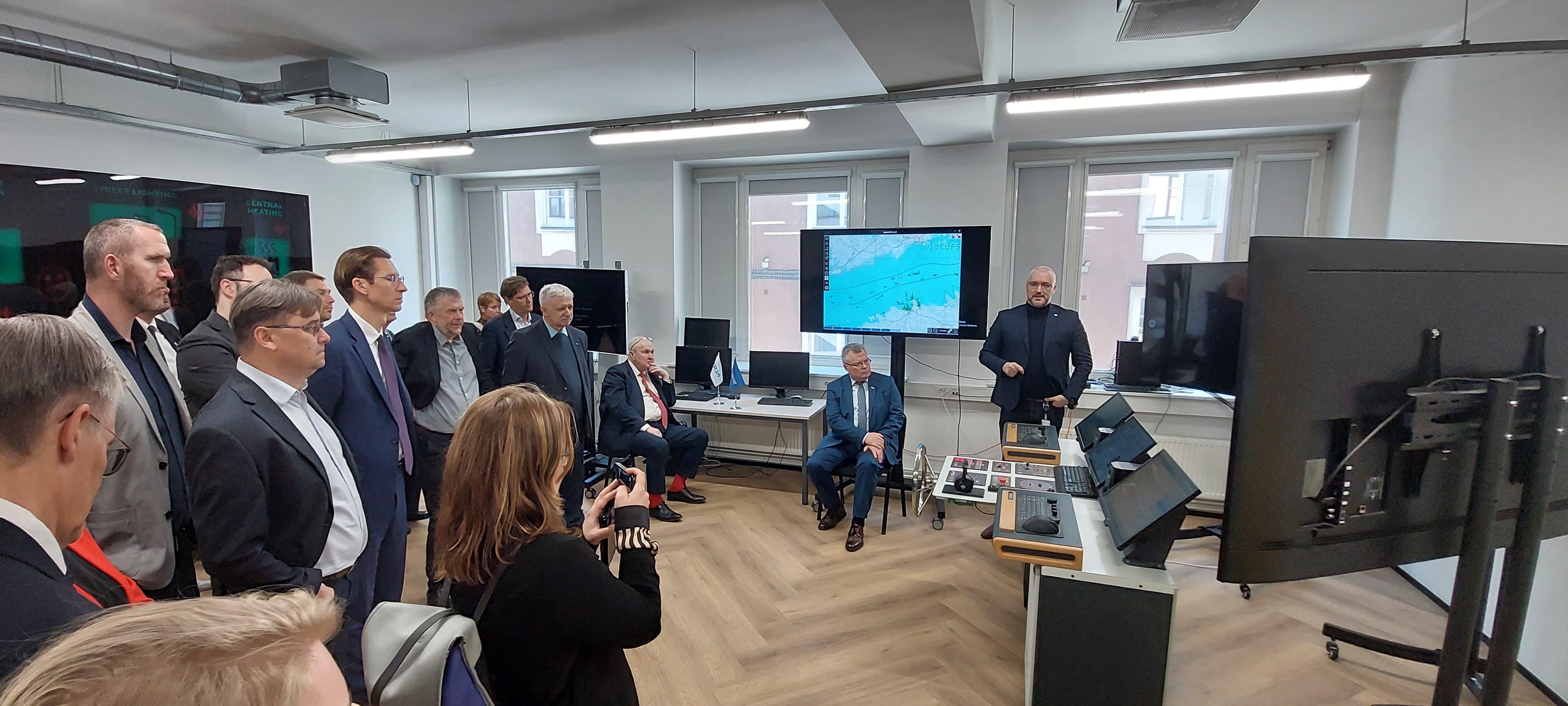
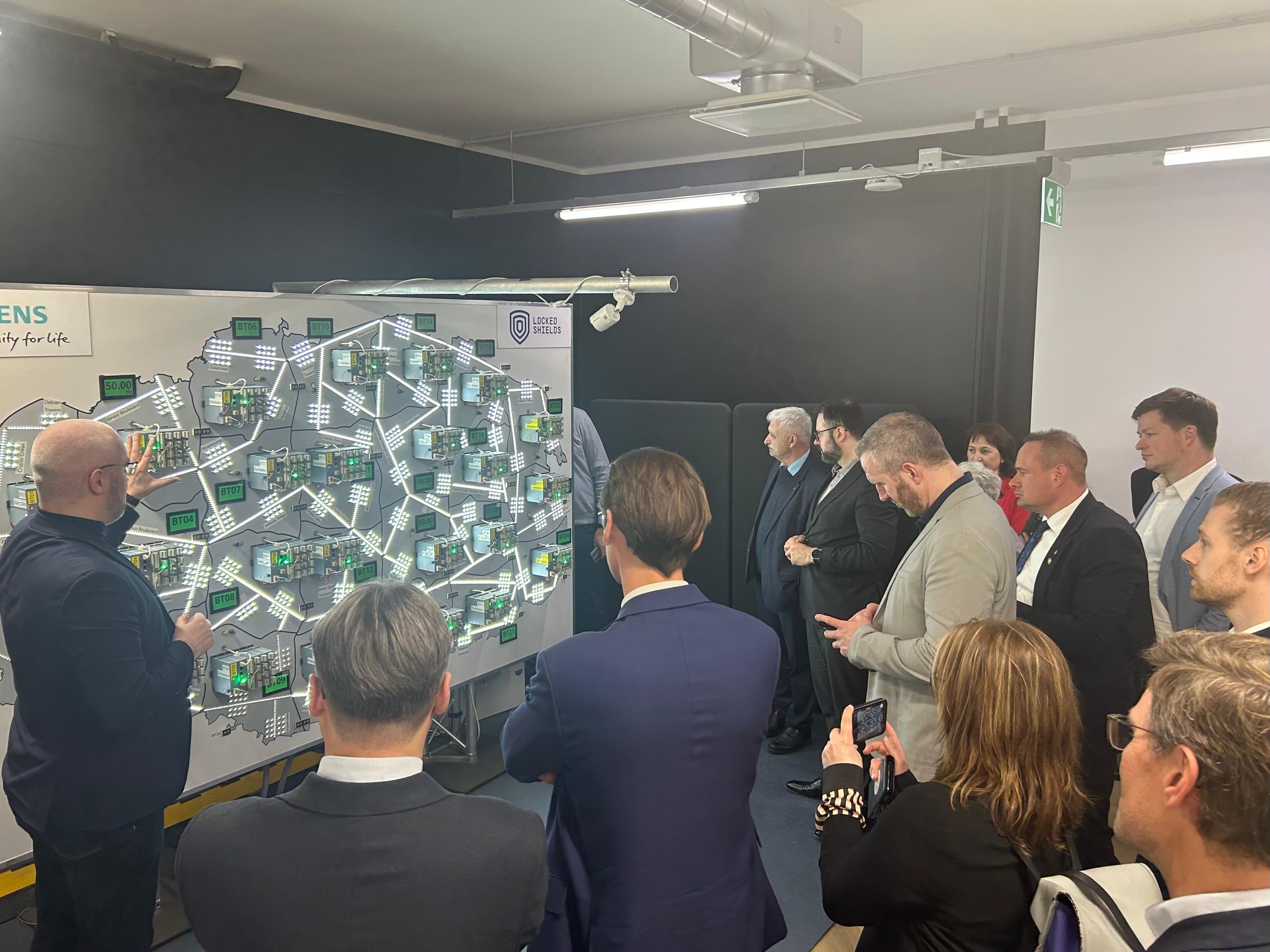
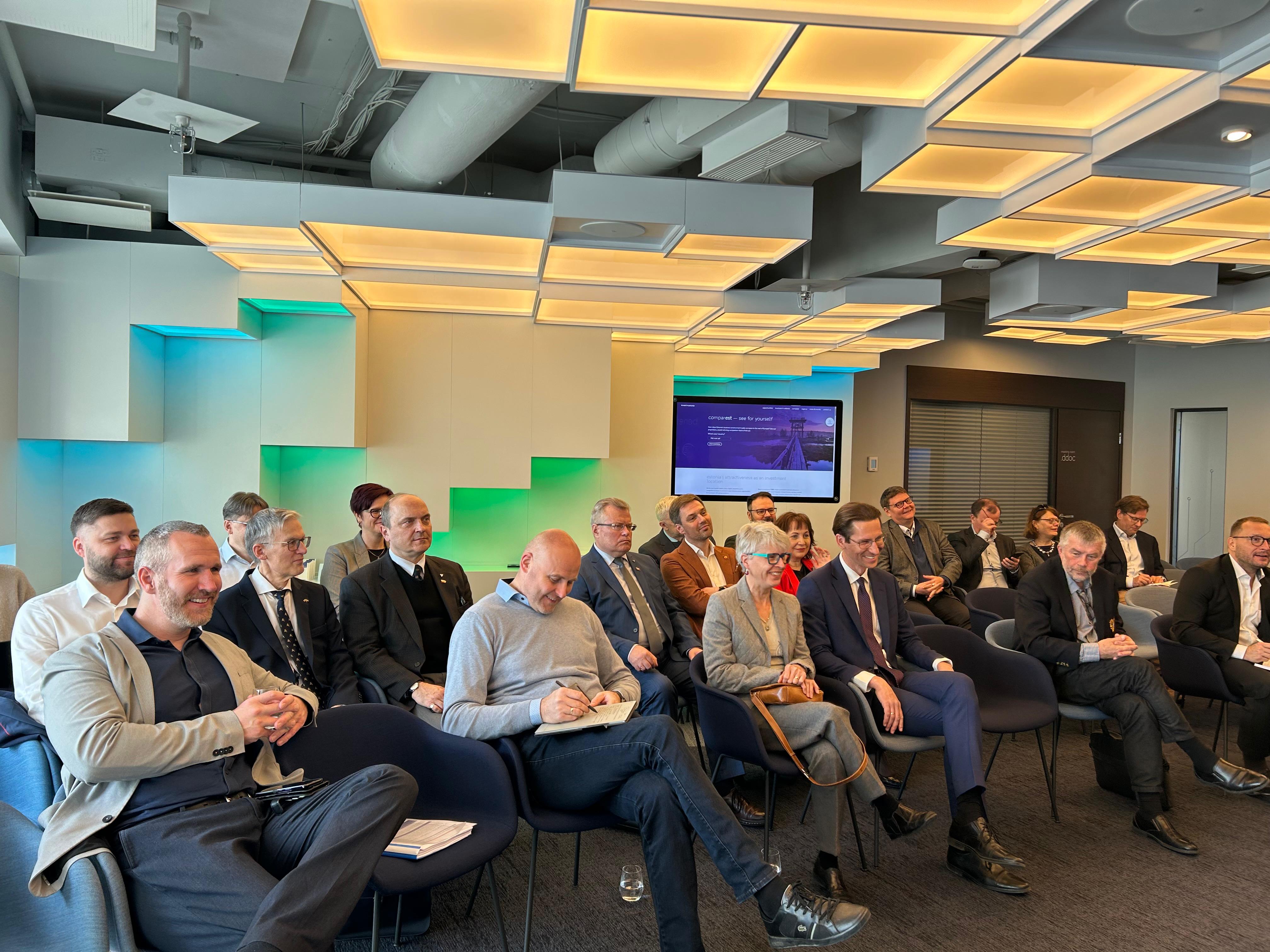
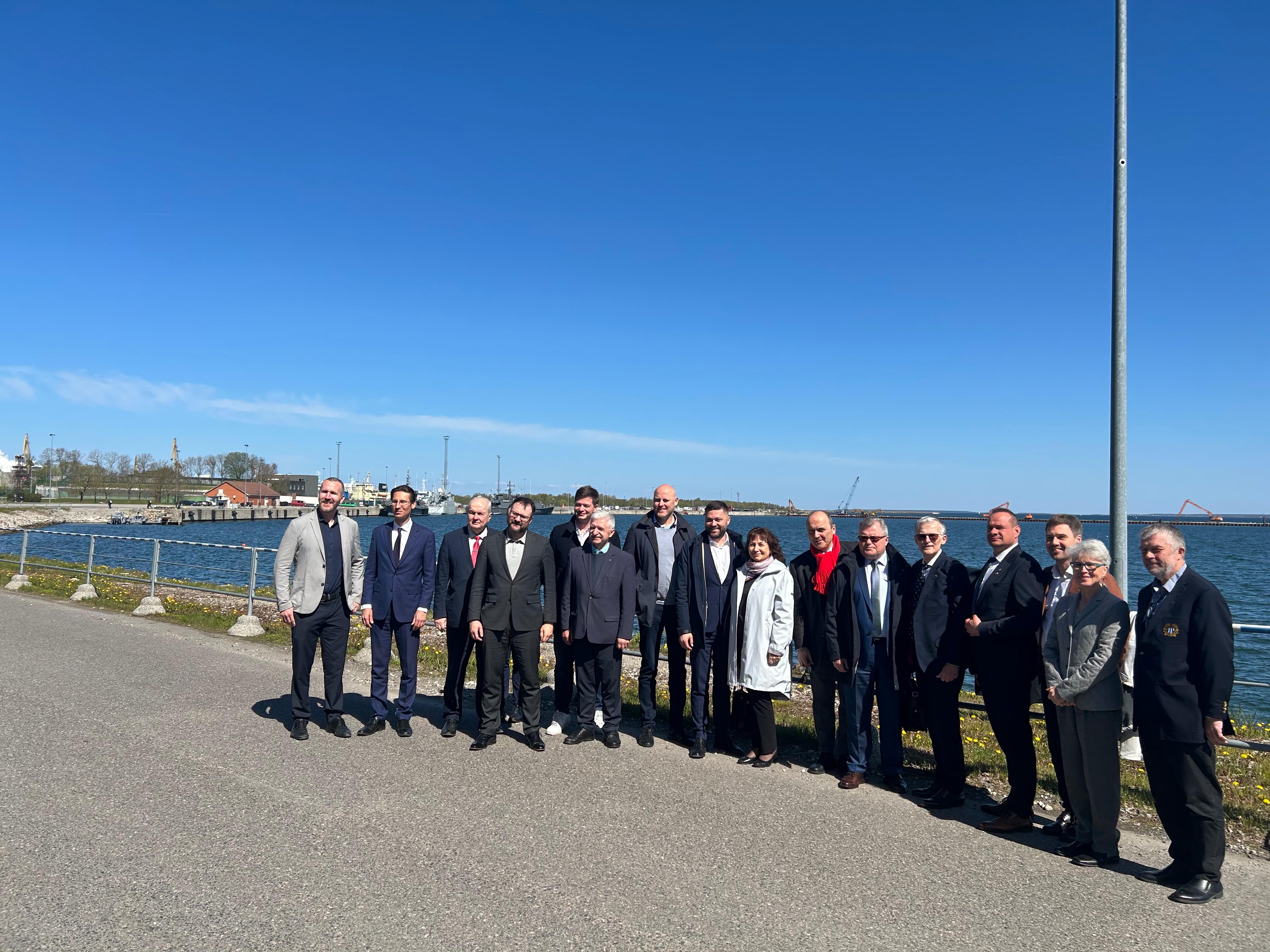
 Print
Print 

